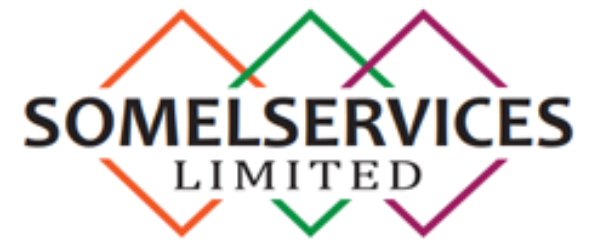
**Powering change from within**: As the world grapples with energy security, climate change, and economic challenges, **effective energy efficiency policies** have emerged as a key driving force towards a sustainable future. This **intensive course** equips you with the **knowledge, tools, and analytical skills** to **formulate, implement, and evaluate effective energy efficiency policies** within your organization, community, or at the national level.
Target Audience:
* Professionals from diverse sectors seeking to develop or influence energy efficiency policy, including:
- Policymakers, government officials, and regulators.
- Energy analysts, researchers, and consultants.
- Sustainability managers and corporate social responsibility leaders.
- Non-profit organizations and NGOs advocating for energy efficiency.
- Individuals passionate about driving sustainable energy solutions.
Course Objectives:
* **Demystifying Energy Efficiency and Policy Landscape:**
- Understand the fundamental concepts of energy efficiency, its potential benefits, and the global policy landscape driving its adoption.
- Analyze the drivers and barriers to energy efficiency in different sectors, including buildings, industry, transportation, and agriculture.
- Explore international agreements, national targets, and policy frameworks shaping energy efficiency efforts.
* **Designing Effective Policy Instruments:**
- Deep dive into diverse policy instruments used to promote energy efficiency, such as regulations, standards, incentives, fiscal measures, and information programs.
- Analyze the strengths and limitations of each instrument, tailoring them to specific sectors and target audiences.
- Learn to design effective policy packages considering economic, environmental, and social factors.
* **Implementation and Monitoring**:
- Understand the critical considerations for successful policy implementation, including capacity building, stakeholder engagement, and enforcement mechanisms.
- Explore monitoring and evaluation methodologies for tracking progress, measuring impact, and adapting policies for continuous improvement.
- Analyze policy successes and failures from around the world, learning valuable lessons for effective implementation.
* **Emerging Trends and Innovations:**
- Stay ahead of the curve by exploring cutting-edge innovations in energy efficiency technologies, data analytics, and smart grid systems.
- Analyze the role of new policy instruments, such as carbon pricing and energy efficiency trading schemes, in accelerating progress.
- Understand the growing importance of equity and justice considerations in designing and implementing energy efficiency policies.
Course Outline:
- **Module 1: Introduction to Energy Efficiency and Policy:** Demystifying concepts, understanding drivers, barriers, and global policy framework.
- **Module 2: Energy Efficiency in Buildings:** Analyzing policy options for improving building energy performance, standards, labeling, and incentive programs.
- **Module 3: Industrial Energy Efficiency:** Exploring policy interventions for promoting energy efficiency in various industries, best practices, and technology adoption.
- **Module 4: Energy Efficiency in Transportation:** Analyzing policies impacting electric vehicles, public transportation, fuel efficiency standards, and sustainable mobility solutions.
- **Module 5: Policy Instruments and Design Principles:** Examining regulations, incentives, taxes, information programs, and designing effective policy packages.
- **Module 6: Implementing and Monitoring Policies:** Capacity building, stakeholder engagement, enforcement mechanisms, evaluation methods, and adapting policies for improvement.
- **Module 7: Case Studies and Lessons Learned:** Analyzing successful and unsuccessful policy implementations from around the world, extracting valuable insights.
- **Module 8: Emerging Trends and Innovations:** Technologies, data analytics, smart grids, new policy instruments, and ensuring equity in energy efficiency policies.
- **Module 9: The Future of Energy Efficiency Policy:** Trends, challenges, opportunities, and shaping the future policy landscape for a sustainable energy future.
- **Module 10: Developing Your Action Plan:** Crafting your own strategy for advocating for, designing, or implementing effective energy efficiency policies in your context.
Training Methodology:
- **Interactive lectures:** Engaging presentations with real-world case studies, expert insights, and multimedia visuals.
- **Group discussions and workshops:** Foster collaborative learning, problem-solving, and policy design exercises through interactive activities.
- **Guest speaker sessions:** Learn from renowned policymakers, researchers, and practitioners in the field of energy efficiency policy.
- **Software simulation and data analysis exercises:** Gain practical experience in analyzing energy consumption data and evaluating policy impacts.
- **Optional online community platform:** Access additional resources, connect with fellow participants, and continue learning and sharing experiences beyond the course.
Course Benefits:
- Gain a comprehensive understanding of energy efficiency policies, their design principles, and effective implementation strategies.
- Develop the skills to analyze specific policy options, evaluate their impact, and advocate for effective energy efficiency solutions.
- Contribute to developing and implementing successful energy efficiency policies at local, national, or international levels.
- Become a leader in driving the transition to a more sustainable energy future through effective policy interventions.


